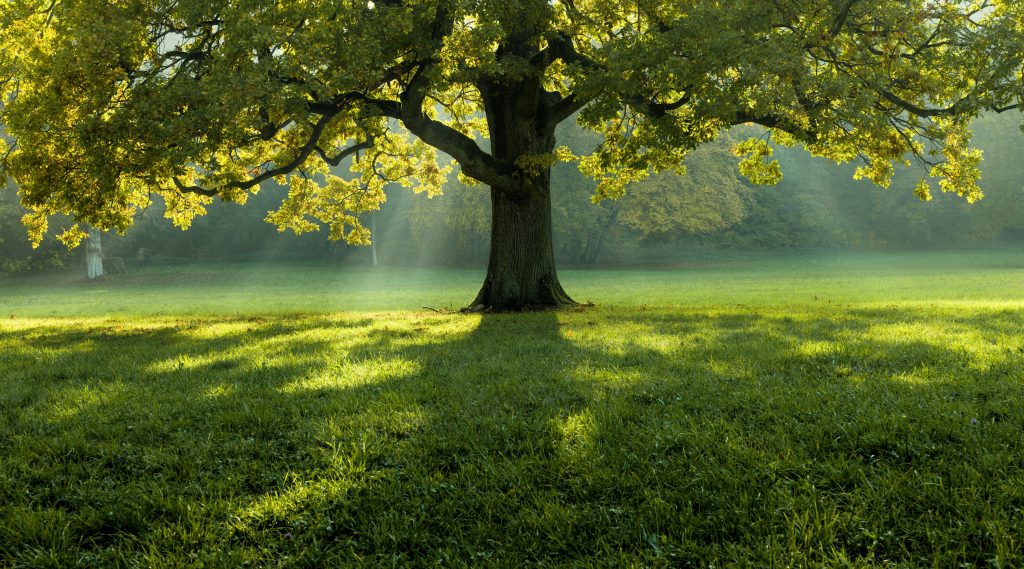Product labels in the UK are often adorned with all kinds of green labelling, badges and images that suggest to the consumer that it has passed a certain certification or that the product was produced in line with an organisation that works towards saving the environment, but it’s not always clear just what each of these badges means, and that’s assuming they mean anything at all.
Some manufacturers will carefully include the image of globes or trees that will suggest the implication that it’s produced with the world in mind, however, these images don’t actually mean anything. Similarly, some products will have headings such as ‘environmentally friendly’ or ‘kind to the environment’, but these too require no factual basis or evidence to be included on the product. These additions further add to the illusion of green labelling, without there needing to be much of an effort made with the actual product.
In a bid to improve the understanding of the use of green claims we’ve compiled a list of genuine green labels, badges and logos found most commonly in the UK and some more information about what these green labels mean.
Food Labels
Here are two badges that you can look out for on food products that certify that an independent organisation has deemed the product sustainable and positive toward the environment.
LEAF Marque
This badge will be found on products that have been produced by farming businesses that meet the thorough standards of LEAF (Linking Environment and Farming) for sustainable farming practices. This is a globally recognised assurance system that recognises products that have been farmed with sustainability at the forefront. For more information about the LEAF Marque, head to their website – https://leaf.eco/farming/leaf-marque
Marine Stewardship Council (MSC)
The MSC is globally recognised as setting the environmental standard for sustainable and well-managed fisheries to protect healthy fish stocks, to ensure that the marine environment continues to thrive and that effective management of fisheries is encouraged throughout the world. You will find MSC’s logo on retail and seafood products that have been recognised for promoting these values.
Organic Labels
The word ‘Organic’ is actually defined by law, and restricts the use of any artificial chemical pesticides or fertilizers, along with any growth regulators or livestock feed additives on products that wish to be deemed organic. There are other characteristics that define a product as legally organic, and there are several independent organisations that judge whether a product can be legally advertised as organic. Organic products are not restricted to food items and you’ll commonly find products like soap, candles and cosmetics to be advertised as organic.
Keep an eye out for some of these badges on products that are truly organic, along with
their Organic Certification Number.
- Soil Association
- Organic Farmers and Growers
- Green Leaf
Timber Products
There are quite a few schemes that cover timber-related products, and the two main organisations are the Forest Stewardship Council and the PEFC Council. Both of these organisations independently audit the forests that the timber is harvested from to ensure that the best sustainability practices are being adhered to. Consumers are paying a lot more attention to green labelling on timber in recent years, and in turn, some companies are going the extra mile by replanting trees for every tree they harvest from.
Other Labels and Schemes
There are a whole host of other green labels that recognise products that either contributes towards the sustainability of raw materials, the environment or workforces, along with badges and schemes that ensure fair trade and costs across the world. Good examples of the latter are the Rainforest Alliance and the FAIRTRADE Mark. Both of these schemes ensure that the goods, materials or ingredients have been produced and harvested from farmers and workers that receive a fair and sustainable payment, along with socially responsible conditions.
There are some other green labels that are found more consistently across certain products such as the Mobius Loop, which simply means that all or part of a product’s packaging can be safely recycled in order to be used in the manufacture of another product. Energy labels are also found on all electrical goods across Europe, which by law must show the rating for energy efficiency of the product on a scale ranging from A++ to G, with A++ highlight those products with the best energy efficiency and G with the worst.
Green labelling can be a minefield if you don’t know what to look out for. Don’t be fooled by vague and meaningless claims, but instead look for those badges and schemes that certify whether a product is positive to the environment and that it promotes sustainability in its production.

